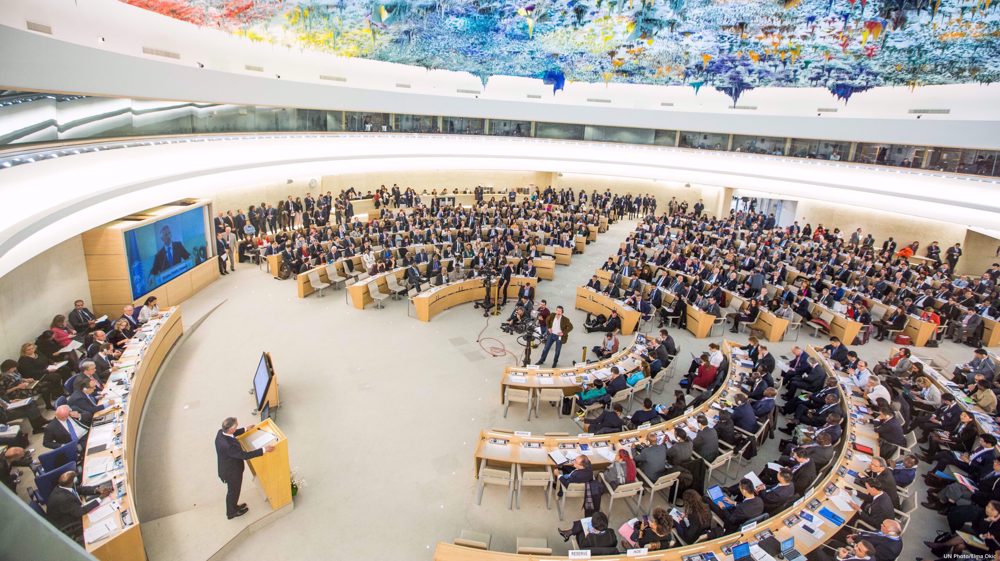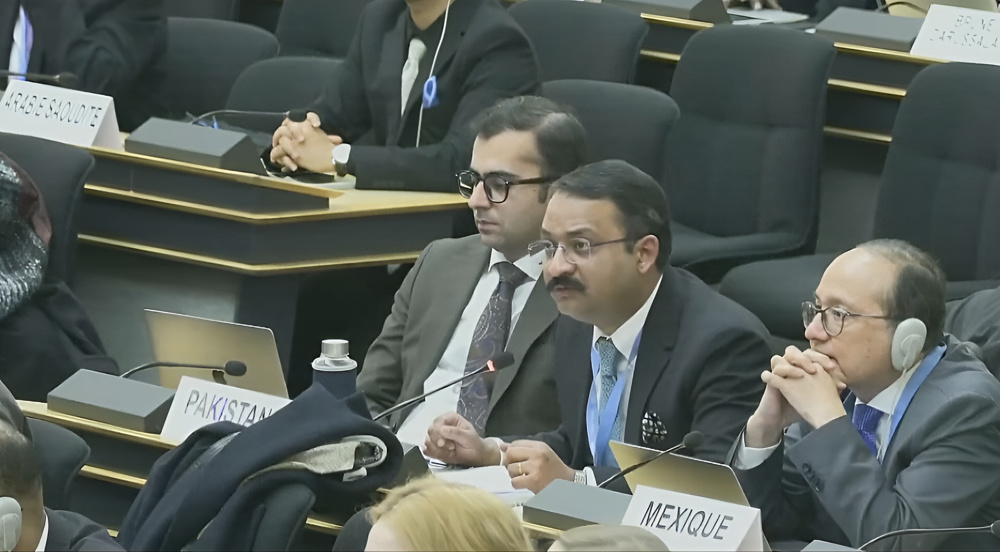Macron’s new government already opposed by 60% of France
Ramin Mazaheri
Press TV, Paris
France’s new prime minister and cabinet have been received with record skepticism. Even though she only started last week, little-known longtime technocrat Elisabeth Borne and her new government already have a 60 percent disapproval rating. Macron’s previous governments arrived with only a 40 percent disapproval rating, indicating a major shift towards outright opposition.
Almost 70 percent of France does not believe that the new government will be able to solve the main problems of the country. Those can be described as an adding together of the crises surrounding austerity, the Yellow Vests, the coronavirus and economic blowback from recent sanctions on Russia.
The presidential election is being summarized as having exacerbated long-standing grievances, instead of having solved them. A national mood described as “morose” likely won’t lift until June, when legislative elections reveal whether Macron still has absolute control of parliament.
Without an absolute majority the deeply unpopular neoliberal policies of President Emmanuel Macron won’t get support. Macron’s constant use of the 49-3 executive decree to ram through legislation without public deliberations would also come under greater scrutiny.
Accurate polling for 577 seats in Parliament isn’t easy, but Macron’s party is expected to retain an absolute majority with about 55 percent of seats. If that sounds like a slight majority, keep in mind that neoliberal policies will seemingly always be supported by other conservative parties, which are polling to win about 21 percent of parliament.
That means - popular or unpopular - Macron is likely to dominate French politics for the next five years as well.
Israeli warplanes conduct new aggressions across southern Lebanon
Democrats threaten govt. shutdown after second ICE killing in Minneapolis
MSF to disclose limited list for Gaza staff after Israel revoked its aid licenses
VIDEO | India defies Western push at UN Rights Council on Iran
Cuba's president observes drills, vows high cost for any US aggression
Iran dismisses Nazi-style propaganda on riot death toll
Israel kills more civilians in Gaza amid relentless ceasefire violations
VIDEO | Press TV's news headlines









 This makes it easy to access the Press TV website
This makes it easy to access the Press TV website